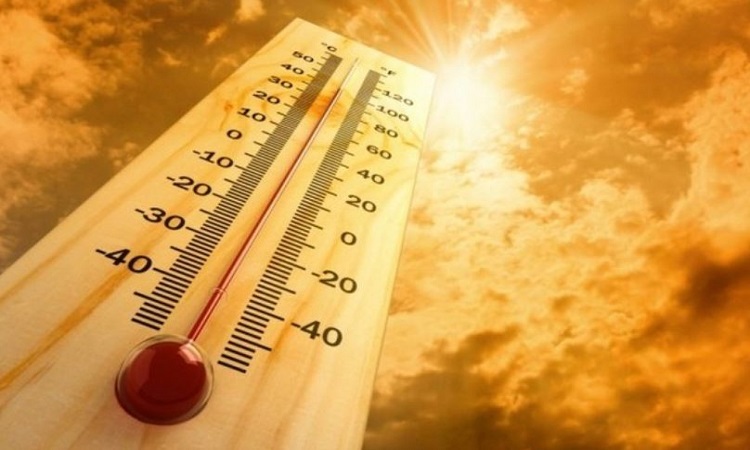
Geneva: Sharply rising temperatures across the globe continue to endanger the safety of workers and impact communities with the “least capacity for adaptation,” according to a senior economist at the International Labour Organization (ILO).
Data from the UN’s World Meteorological Organization reveals this July is set to be the hottest month ever recorded.
Heatwaves not only threaten the environment but create additional obstacles for countries attempting to achieve sustainable economic growth, full and productive employment, and decent work for all, the targets of Sustainable Development Goal 8, according to the ILO’s Nicolas Maître.
Nicolas Maître said: ‘’The estimates show that work productivity slows down at temperatures above 24-26 degrees Celsius (75-79 Fahrenheit). At 33-34°C (91-93°F), worker performance can drop up to 50 per cent in physically demanding jobs. It can occur in shade, and even inside some factories. If the factory has no air conditioning and employees are expected to operate heavy machinery or wear protective clothing, then it can occur in these contexts, too. Broadly speaking, agriculture and construction are the most affected sectors. The ILO estimates that globally, productivity declines due to the impacts of climate change, with agriculture accounting for 60 per cent of this loss. But heat stress can occur in all physically demanding jobs that require employees to work directly under the sun, for long hours, or while wearing protective clothing.
‘’Increasing the number of breaks, improving access to water, adapting working hours, and rotating workers are all effective heat-reducing measures. Adapting the clothing of workers, drinking regularly, and having routine self-health checks are also beneficial.''
Maître added evidence suggests that it's becoming a real problem for temperate countries, but the problem is not the same. In Southeast Asia, for example, the problem is present year-round. In Europe, it's a problem that primarily occurs during summer heat waves. I believe adaptation measures should consider these differences. While we implement sustainable adaptation measures in hot countries, we might think of measures triggered by a specific temperature in temperate countries.
‘’The role of the government in establishing these measures is very important. This relates to triggering situational adaption measures, but governments can also create a regulatory framework within the countries to tackle the issue of heat stress. It might be expensive, but the loss of productivity is also expensive." (ANI)







